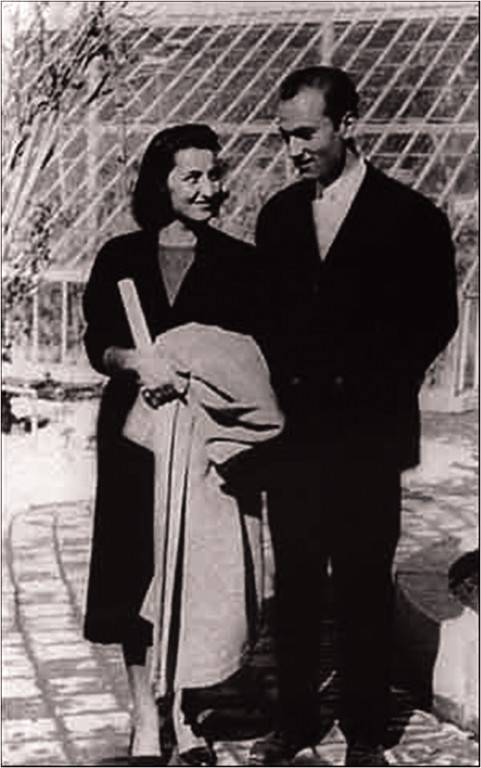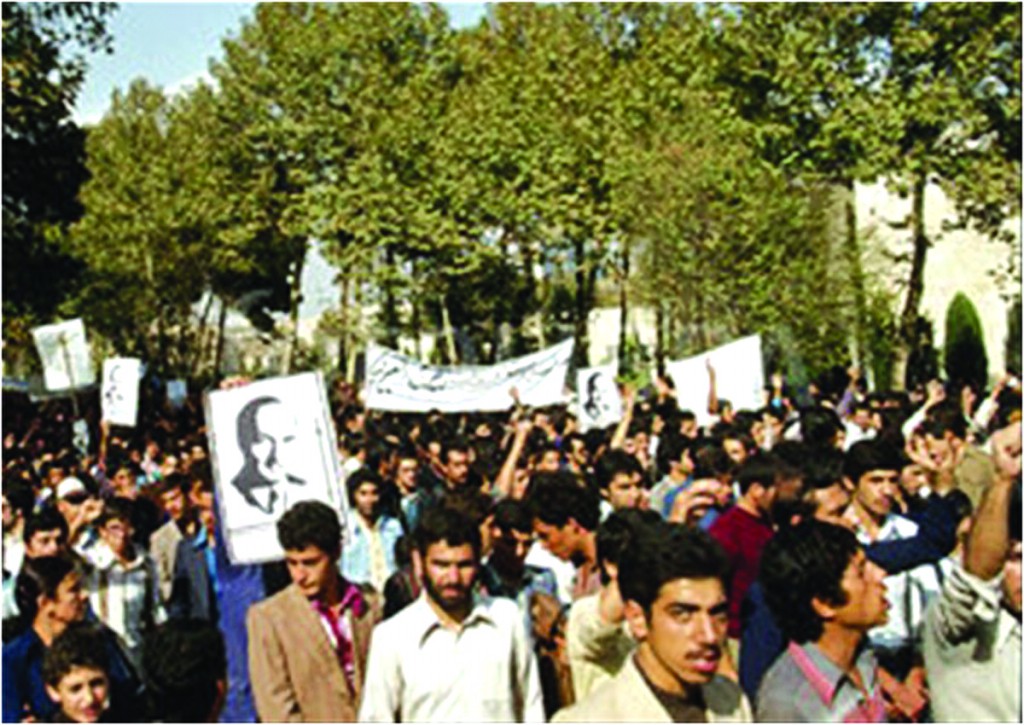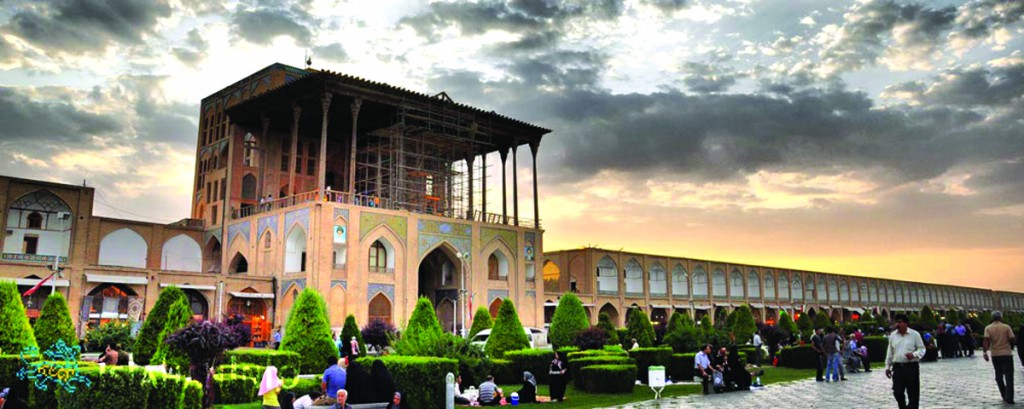
Title: Tashii Alavi-o- Tashii Safavi
Author: Dr. Ali Shariati
Translated into Urdu by: Mohammad Zaki Hyderi
Publishers: Haq Brothers, Lahore, 2019, pp.284
There is widespread awareness of Dr. Ali Shariati, the revolutionary Iranian thinker and activist who was born 87 years ago on the 23rd of November last month, though not as much as he deserves. He looms clearly over the Iran of half a century ago as a reform-minded, progressive and revolutionary thinker. He is liked and disliked among high and low owing to his daring and critical thinking. The book at hand is a fresh translation of Shariati’s most important work Tashii Alavi-o-Tashii Safavi (Alavi Shi’ism and Safavid Shi’ism), originally given as a long speech of nearly 3 hours at Hussainiya-e-Irshad in 1971. The speech was published in book form a year later in 1972. Another speech titled Tashii Surkh-o-Tashii Siyah (Red Shiism and Black Shiism) is also part of this book.
In this book, Shariati has divided Shi’ism into two totally different and opposite parts with reference to its type on the basis of history. The first part has been divided from Imam Ali A.S. (the fourth caliph of Islam) to the pre-Safavid period in Iran; and the second part from the advent of the Safavid Empire to the present day. He has labeled the first kind of Shiism as “Alavi Shi’ism,” whose standard-bearer was Ali (A.S.) himself. The second type was labelled “Safavid Shi’ism,” which owes more to the architect of the Safavid Empire Sultan Shah Abbas Safavi. By dividing the history of Shiism into these two parts Shariati has proved that there is as much of an ideological, conceptual, cultural, doctrinal, logical, educational and social difference between the two as that of the earth and the sky.

though he did not live to see it
Shariati considers Alavi Shi’ism to be one based on freedom from compromise, personal interests and innovations and based on resistance, revolution, unity and knowledge and consciousness. On the other hand, he has deemed the Safavid Shi’ism being used to pave the way for the ascension to power by the Safavid family and later invented as a religious sect to make religion a means for the security of that power.

In fact, Shariati’s ideology is that Alavi Shi’ism was a revolutionary ‘movement’ which had always remained in conflict with the cruel rulers of the time. But when this very Shi’ism, in becoming a part of the royal court, becomes the official religion of Iran, then its essence is changed by transforming into an ‘institution’. And in this manner, its crusading and revolutionary spirit is lost. Afterwards, the whole force of Shi’ism was merely to protect this institution i.e. ‘empire’ and in view of this very objective Shi’ism was given the form of a few religious rituals and the people were kept busy in those. And so, for Shariati, they began to consider the accomplishment of a few rituals rather than revolution as faith itself.

On the other hand, Shariati also considers Sunnism to have two forms i.e. “Mohammadan Sunnism” and “Umayyad Sunnism.” Where he has criticized the Safavids, he is also seen to be severely criticizing the manner of thinking of their rivals, the Ottomans (who more or less belonged to their very thought and logic). And much as he considers Alavi Shi’ism to be pure Shi’ism, in the same manner he also considers “Mohammadan Sunnism” to be pure Sunnism. Wherever he points a finger at the maulvis of the Sunnis i.e. Umayyad Sunnism; there he is also seen to be quick to praise the ulema associated with “Mohammadan Sunnism” especially the Grand Mufti of Egypt Sheikh Shaltut, Sheikh Abdul Majid Salim, Sheikh Mustafa Abdul Razzaq and other ulema. In the same way, where Shariati makes the biased maulvis of sectarian mentality associated with Safavid Shi’ism a target of severe criticism, there he also pays tribute to the ulema associated with Alavi Shi’ism who took steps for pan-Muslim unity e.g. Ayatollah Hossein Boroujerdi, Sheikh Muhammad Husayn Kashif al-Ghita, Syed Abd al-Husayn Sharaf al-Din al-Musawi, Allama Muhsin al-Amin Jabal Ameli, Ayatollah Mohammad Saleh Haeri Mazandarani. Sheikh Jawad Mughniyya and Hujjat al-Islam Muḥammad Taqi Qummi.
(to be continued)
Note: All translations are by the writer.
Raza Naeem is a social scientist and an award-winning translator currently based in Lahore. He has been trained in political economy from the University of Leeds in the UK and in Middle Eastern history and anthropology from the University of Arkansas at Fayetteville, USA. He is also the president of the Progressive Writers Association (PWA) in Lahore. He may be reached
at razanaeem@hotmail.com.

